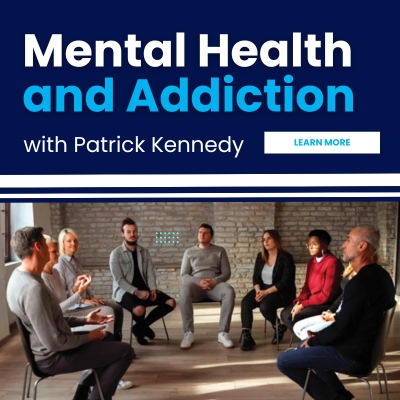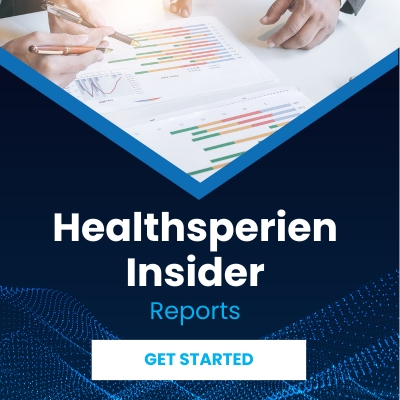Inspired Health Solutions
For more than a decade, innovation and collaboration have been at the forefront of our nationally recognized health policy work, guiding our clients to pioneer more efficient and affordable health care delivery models for patients, caregivers and their families.
Impactful Strategies Designed for Success
The strategies we employ on behalf of our clients are informed by the latest insights and analysis developed by our deeply connected, interdisciplinary team of health policy professionals. The strategic consulting services we provide at the intersection of policy, business strategy and government affairs are helping our clients accelerate innovative solutions and transform how America delivers health care.

Research & Analysis
A full suite of proprietary research products with an inside track on the latest policy and regulatory developments.

Corporate Strategies
Unlock your business potential with Healthsperien’s strategic expertise and policy insights, driving your growth and success.

Partnership Development & Support
Managing 13+ coalitions, consortiums, and organizations to drive tangible results and enhance healthcare delivery.

Government Affairs
We design government advocacy strategies, connecting you with key agencies and legislative offices to amplify your priorities and drive results.

Mental Health & Addiction
We provide policy guidance, strategic advice, and federal advocacy services.
In the News
On the Frontline of Innovation
Get to know the amazing individuals who make up our incredible team







Testimonials



Contact Us Today
Healthsperien, LLC, is a Washington, D.C.-based health care policy consulting firm focused on strategic, regulatory, legislative and implementation issues.




